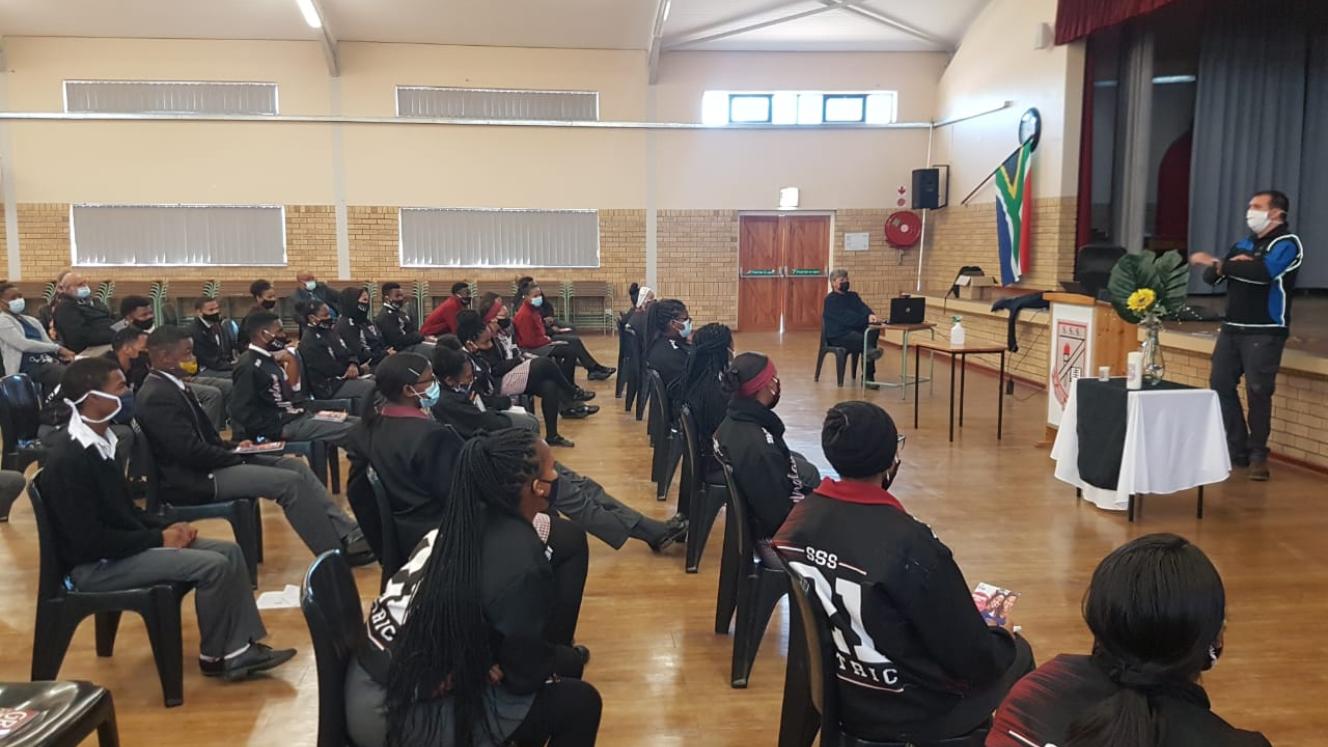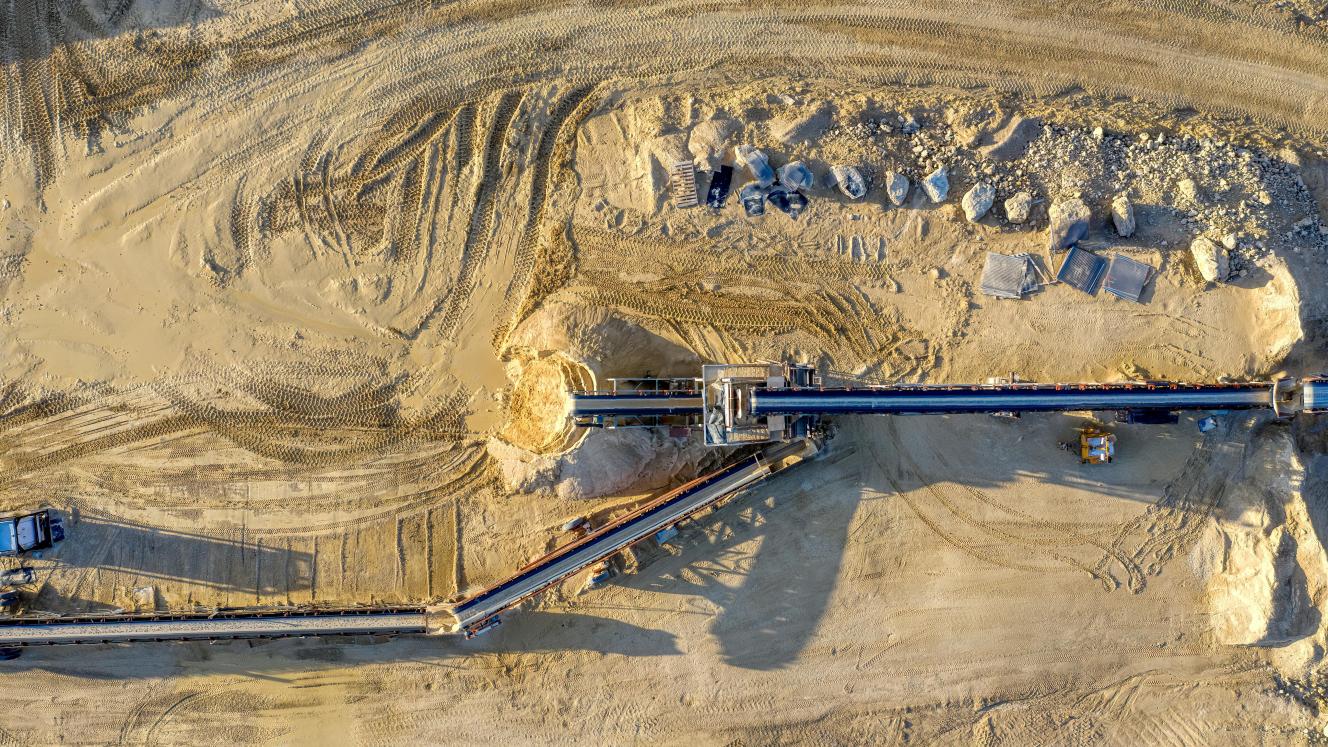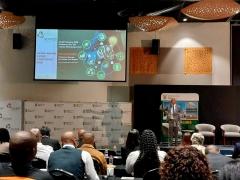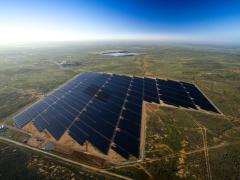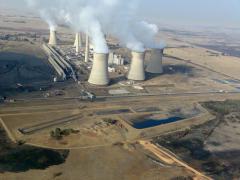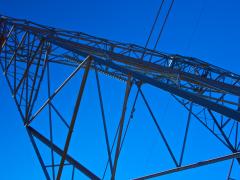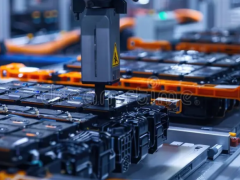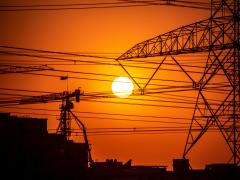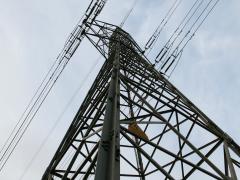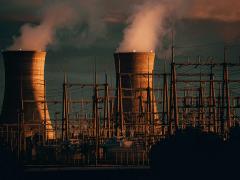BTE Renewables, with a footprint of clean energy projects across three provinces in South Africa and across the border into Kenya, has taken a strategic approach to investing in host communities, linking outcomes to the United Nations’ Sustainable Development Goals (SDGs), also known as the Global Goals. The ‘Lifetime of Learning’ approach to education, linked to UN SDG 4, which aims to ‘ensure inclusive and equitable quality education and promote lifelong learning opportunities for all’, is demonstrated in the company’s Sustainability strategy, to achieve transformational impact in communities, through education at each life-stage.
For BTE Renewables, education is viewed as a tool to positively impact lives in a sustainable manner, leading to real opportunities for overall livelihood improvement and self-reliance. To this end, the cornerstone of the overarching community development strategy is on education and empowered youth, through interventions and impact programmes encompassing Early Childhood Development (ECD), Primary School, High School and Tertiary Education.
Explaining the significance and strategic thinking behind this approach, Libby Hirshon, Sustainability Director at BTE Renewables said, “Numerous studies indicate that access to quality education helps to promote long-lasting, inclusive economic growth and social-cohesion. In the South African context, we believe this is particularly pertinent for children from socio-economically disadvantaged backgrounds. If a child either does not have access to education, or has very poor education at a phase in their path of education, this can stunt the remainder of the process. It snowballs, resulting in lack of confidence, exclusion, and a lack of access to economic opportunities, perpetuating the cycle of poverty.”
She added, “Our strategy is to identify gaps in a stage of education and then work with stakeholders to fill this gap wherever we can. ECD has been identified as an important element in future success. So at the early stage, our strategic focus area is to improve access to quality ECD care and education. In the primary school stage, we invest in projects that improve equitable access to primary education and learning. At the high school and school-leavers stage, we invest in projects that improve the successful transition of youth into the workforce and society. We also acknowledge that school leavers need opportunities when they enter the world of work. Thus, we seek out projects that aim to support decent jobs and foster sustainable economic development, through increasing gender equality and inclusion.”
The programme incorporates ECD Centre Improvement Programmes, whilst the Primary School Interventions incorporates Reading and Literacy interventions, technology assistance, the upgrade and provision of learning material and equipment, as well as school Principal training and coaching.
Through this strategic approach, BTE Renewables contributes to UN SDG 4 and its subset of 10 targets, which together, help to achieve this goal. Hirshon explained, “We are contributing to Target 4.2 ‘Ensure that all girls and boys have access to quality early childhood development, care and pre-primary education’ through our ECD centre programmes;. We contribute to target 4A ‘Build and Upgrade Inclusive and Safe Schools’ through our educational infrastructure investments; and through our high school investments and our strategic focus area of improving the successful transition of youth into the workforce and society, we contribute to target 4.3 ‘Equal access to affordable technical, vocational and higher education’.”
The strategy is furthermore aligned to South Africa’s National Development Plan (NDP) 2030, with a particular focus on two priority areas within the NDP, namely Priority 2: Economic Transformation and Job Creation; and Priority 3: Education, Skills and Health.
“Under Priority 3, our investments help to meet the plan’s targets of ‘Access to pre-schooling expanded to 95 percent and quality improved’ and ‘Youths better prepared for further studies and the world of work beyond grade 9’,” concluded Hirshon. Through approaching our education investments in this way, we aim to have a truly sustainable impact in the communities in which we operate, creating opportunities for meaningful engagement of individuals in society and the economy.
About BTE Energy
BTE Renewables, formerly known as BioTherm Energy, has been operating in South Africa since 2003 and is positioned as a leading Pan-African renewable power developer with expertise in project development, financial, construction management and operations. The company is owned by Actis, the world’s leading emerging markets investor, following an acquisition in 2019.
Copntact BTE Energy, Phone 011 367-4600, info@bterenewables.com, https://bterenewables.com/
